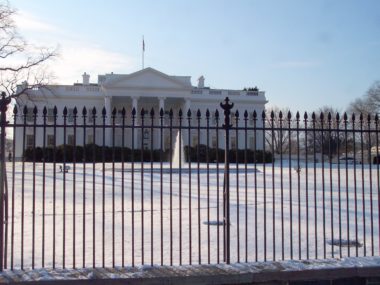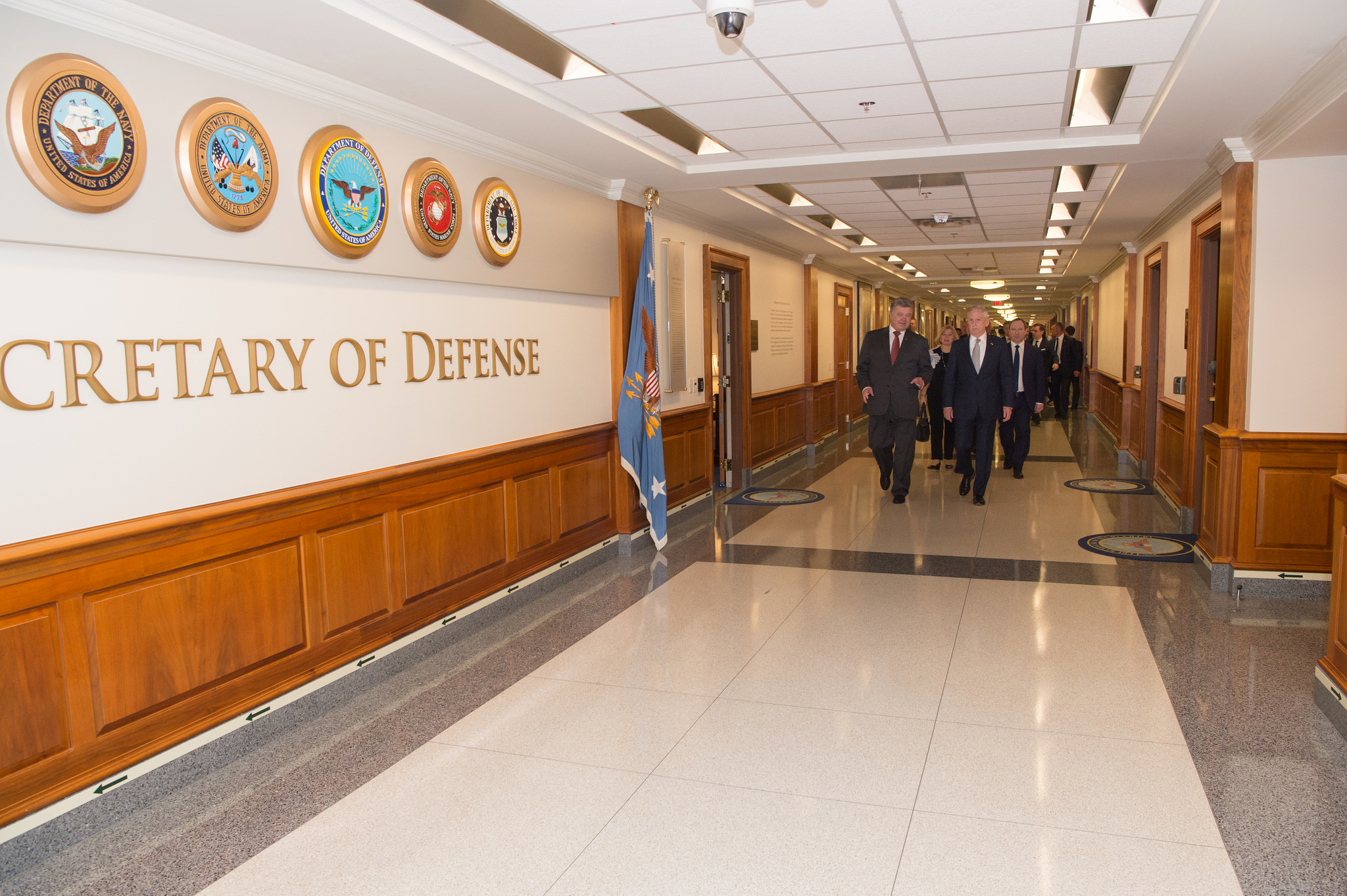By Joe Young

With the dust of the 2012 US election settling, we have an opportunity to assess what the next Obama foreign policy team’s priorities should be. While presidency scholars debate the extent of the lame duck status of second term presidents (gated) and how they are portrayed by the media (gated), it is plausible to assume that the administration will have more foreign policy flexibility, as a second term president will not be held directly electorally accountable.
So what should these priorities be? I offer three goals, and conclude by asking for your views.
- Get right with Russia
Russia’ gradual slide into electoral authoritarianism has complicated US-Russian relations. With that said, Russia is the pivot in several critical global problems — from resolving Syria to meaningful arms reductions to stymieing Iranian nuclear ambitions. Contra to claims otherwise, we are not in the middle of a new cold war, and Russia is not a major strategic threat. We just need Putin and Friends on board as they lower the barriers and costs to achieving any of the above objectives.
- Stop the violence in Syria
A realist assessment of the direct violence in Syria suggests that the US should stay away as our national interests are not directly threatened. If we think longer term, the costs of inaction could be much larger than the benefits.
Israel and Syria are taking shots at each other. Turkey has bombed inside of Syria and violence between the countries is simmering. A car bomb in Lebanon was likely also a direct result of the violence in Syria. This conflict has the possibility of igniting a region wide war that more directly impacts our national security, forcing even the staunchest realists to reconsider nonintervention.
As we have argued here, there are a number of ways to encourage the end of the regime. With the continued violence, some of the options (like a golden parachute for Assad) are likely off the table. It may take a modified Libyan policy (help from allies, tacit Russian approval, see above) with elements of empowering a fractured resistance movement. What the country will look like post-Assad is uncertain, which leads us to the last issue.
- Doing nothing is something
Sometimes inaction is the right policy. We could argue about the optimal response to say an Iranian nuclear program, or the Greek financial meltdown, but rarely do pundits suggest we do nothing. In the recent arguments about the freeze after the Arab Spring, we don’t hear anyone arguing for the do nothing option.
In the Soviet-Afghan war, the US took a side. The CIA armed the mujahideen, and inadvertently helped empower al Qaeda. The US got involved in Central American conflicts in the 1960s, 70s, and 80s (and before), action that generally just bred resentment and future violence in US cities (see the rise of the gang MS-13). This is a deliberately small list of US foreign policy adventures and their blowback as we could go on for pages.
A policy the US might try as the events in Tunisia, Egypt, and other places in MENA unfold is simple noninvolvement. Offer rhetorical support for democracy, suggest that the US looks forward to working with democratic governments, but otherwise do nothing. As groups attain power in the region that are anti-democratic, America may face a dilemma. As US involvement in the Palestinian elections demonstrated, however, our immersion in these domestic political processes often leads to unintended consequences.
To be clear, I am not trying to predict what the priorities will be, just make a statement about what they should be. I’ve ignored China, trade, global warming, and many other issues. What do you think? What should these priorities be?





0 comments